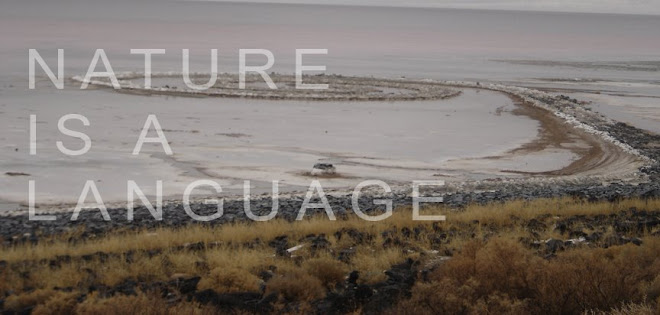There is very little support of Post-Structuralism/Deconstructionism in America. I can't say that I have ever had a teacher that thought it was that worthwhile. I've heard American newpapers call it the "French Disease." Others complain it leads to a dead end. That it leaves no room for development or philosophical progress. Another common criticism is that it is more beneficial to the Right than the Left, simply because unlike a Modernist Progressive doctrine that validates a humanistic, secular, scientific worldview, Post structural readings of cultural can validate all worldviews and in effect throws it's hands up in determining if there is any way of objectively determining if there is a good one out there.
To take a literary practice and apply it to ethics is misleading, but tempting. When we look at issues of identity: race, gender, sexual orientation, nationality..etc i feel it is a good tactic to apply a measure of deconstruction to our readings of the signs of such identity markers. There is no certain way to know if someone is gay. well of course you can ask, "are you gay" but I'm talking much more texturally. But even an affirmative answer doesn't say much. There is still the issue of intent, what does "gay" mean to that person? I realize this radical uncertainty is unnecessary but I feel it is a more thorough reading of the semiotics of identity. The terms we use to identify ourselves are themselves not ours, they are borrowed, traded, politicized, historicized; they mean nothing certain. Such readings hollow out any essential characteristics of men, women, gays, straighties, whites and blacks ,,etc. To develop an ethic based on uncertainty suspends judgment, which is dangerous at times. It asks to suspend your intuition when it comes to social cues, to the natural world...can't you read?
Friday, November 7, 2008
Wednesday, November 5, 2008
Separations
The idea of separation between church and state is a semantic euphemism. Why even pretend to have it a principle? If it was stated more clearly as "separation between world view and governing principles" it would come out being an almost impossible feet. Any political stance is an enactment based on how one sees the world operating. The Right has a way of obfuscating direct religious interest into secular concern. Instead of directly stating "because of my religious upbringing I feel homosexuality is an abomination," the right argues that gay marriage is unhealthy for childhood development, an upset in semantic tradition, and whatever else they can use to their advantage. Likewise, the US' support of Israel is religiously motivated, I mean America wants to be on Israel's side when Jesus comes back, why would you otherwise turn a blind eye towards their human rights violations, their humiliating occupation of Palestine? Abortion becomes a women health issue instead of a religious one, whatever the issue is a politically correct justification has to be given instead of the true feelings that inspires the political stances. It's funny how the Right is so annoyed with being politically correct and how it criticizes the secularization. This resentment stems from their own use of such tactics.
Labels:
abortion,
gay marriage,
Israel,
Prop 8,
Weltanshauung
Subscribe to:
Posts (Atom)

